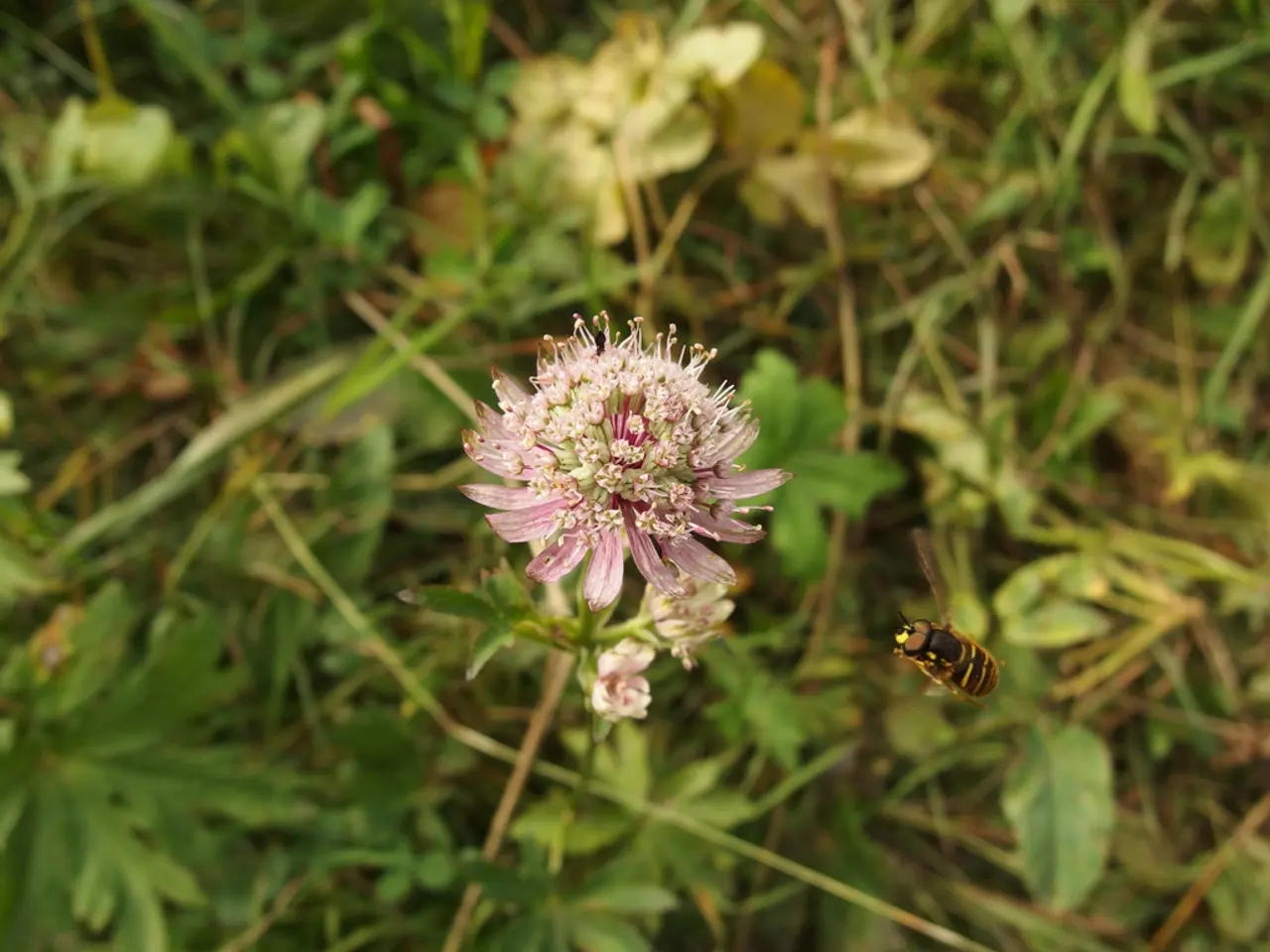Increased advocacy for the use of larger amounts of pesticides advocated by certain parties.
In Berlin and beyond, the use of pesticides in agriculture has sparked concerns over their impact on biodiversity, soil health, and microbial communities. These issues reflect broader national and EU environmental challenges, as policymakers grapple with the role of subsidies and regulatory frameworks that may inadvertently encourage harmful pesticide use.
1. Environmental Impact Concerns
The overuse of pesticides places pressure on soil microbial communities, particularly fungi, which play a vital role in nutrient cycling and decomposition. Chronic or prolonged pesticide exposure can selectively alter fungal communities, potentially disrupting soil health and ecosystem functions.
There is growing concern that excessive pesticide use contributes to biodiversity loss, including impacts on pollinators, beneficial insects, and other wildlife that depend on agricultural and peri-urban environments. Emerging environmental challenges in agricultural ecosystems include the contamination by micro- and nanoplastics, which may interact with pesticide effects and pose additional risks to soil and agro-ecosystems.
2. Policy and Regulatory Controversies
The Federal Environment Agency (Umweltbundesamt, UBA) plays a central role in the approval and regulation of pesticides in Germany. However, debates persist about the adequacy of current regulatory frameworks, with calls for more stringent evaluation criteria and risk assessments that better account for long-term and cumulative environmental impacts.
Some studies and policy papers suggest that subsidies and economic incentives in agriculture indirectly support harmful pesticide use, indicating a need for reform. Proposals include introducing risk-differentiated charges on pesticide use (similar to measures in Norway and Denmark) and redirecting revenues towards ecological transition measures.
The German Federal Agency for Nature Conservation (Bundesamt für Naturschutz, BfN), closely linked with the Federal Environment Agency, has advocated for the reduction of environmentally harmful subsidies, including those facilitating excessive pesticide use, as a key step toward biodiversity conservation in Germany.
3. Public and Political Debate
Climate-related regulations, including pesticide restrictions, have become a focus of political and societal debate, with some resistance framed by populist narratives opposing stricter environmental rules on farmers and land users. This dynamic complicates efforts to tighten pesticide regulation in places like Berlin, where urban agriculture and biodiversity coexist.
There is growing public and scientific pressure on the Federal Environment Agency to align pesticide approvals with broader ecological sustainability goals, supporting measures to phase out or limit pesticides harmful to biodiversity and soil functions.
In summary, the main controversies surrounding pesticides in Berlin and Germany encompass their ecological impacts on soil and biodiversity, the challenge of reforming subsidies encouraging pesticide reliance, and the regulatory role of the Federal Environment Agency, which faces calls for stronger, more precautionary pesticide approval processes aligned with sustainability targets.
Notably, farmers in Germany do not face a competitive disadvantage due to the number of pesticides available, as more active substances were regularly approved here in 2024 than in countries like the Netherlands or Poland. Industry associations are advocating for the veto right of the Federal Environment Agency (UBA) in the approval of pesticides to be abolished. However, these proposals face opposition from environmentalists and scientists, who argue that stronger regulation is necessary to protect Germany's biodiversity and promote sustainable agriculture.
- Further concerns surrounding pesticides extend to their impact on the financial sector, as mounting costs associated with health risks, pollution, and the need for stricter regulations could negatively affect investments in environmental science and sustainable agricultural practices.
- Addressing the environmental challenges associated with pesticides requires collaboration between environmental-science researchers, policymakers, and financial institutions, as the incorporation of economic incentives and innovative funding mechanisms may encourage the adoption of more eco-friendly farming practices and promote the overall health of our planet.




